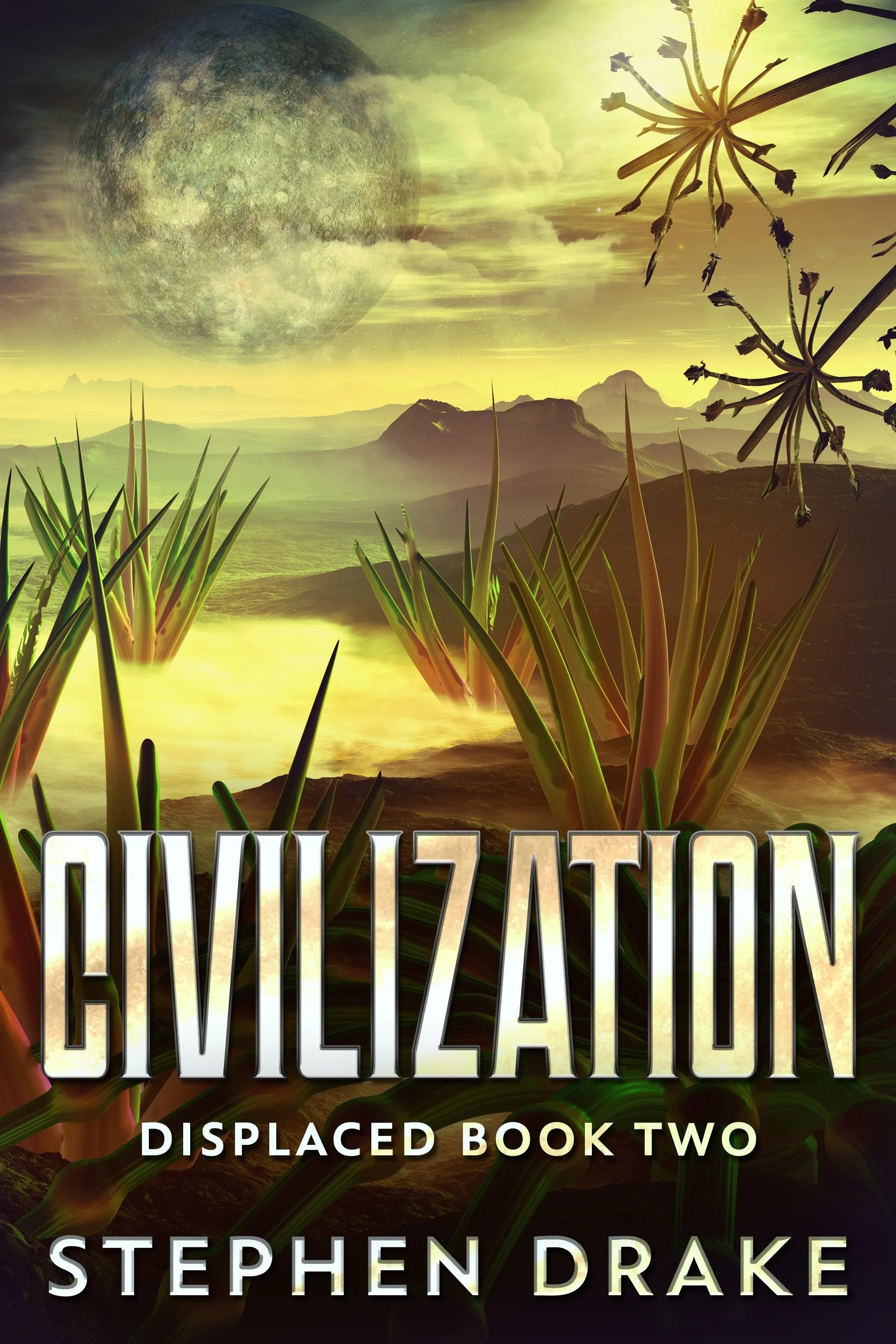The Minister's Wife: A Spy In The American Revolution - John Anthony Miller
The Minister's Wife: A Spy In The American Revolution by John Anthony Miller
Book excerpt
Eighteen miles northeast of Philadelphia
September 18, 1777
Abigail St. Clair gazed at the Delaware River shimmering in the morning mist, the road to Philadelphia twisting beside it. After two years in New York, she was coming home. Her family was intensely loyal to the Crown, her father linked to London by both business and tradition, and they had left when the rebellion began, choosing not to remain in a city soon to serve as the colonial capital. She was wary of her return, knowing shadows from her past could easily find the present. Secrets, it seemed, were so very hard to keep.
“It won’t be much longer,” said her husband, Solomon St. Clair, as their carriage rattled down the road. The newly appointed minister to the Philadelphia Anglican Church, he was a bit portly, with brown, curly hair and round spectacles. Known for his intellect and an interest in philosophy, his passionate sermons merged the ancient world with the modern, contrasting good with evil.
Abigail stretched, leaning back in her seat. “It’s been a tiring journey,” she replied. Attractive, with blonde hair that framed her face and fell to her shoulders, her green eyes housed a curious twinkle that few ever failed to notice.
The road cut through a wooded slope that stretched to the river below, the water sometimes screened by shrubs and trees. It was quiet, an empty lane with no carriages, wagons, or riders, only the sound of the wagon wheels rolling down a rutted road competing with songs the birds were singing.
“A few miles more and you’ll be back in the city you once called home,” Solomon said.
Abigail was quiet, thinking of those she would see: friends, foes, and some who meant much more than she could ever admit. She wondered how much the city had changed since her departure now that it served as capital to a nation forming from seeds of rebellion.
“You’ll soon see old friends,” Solomon continued.
“Yes, I should think so. I’m anxious to visit my cousin, who now resides in my father’s house. But I shall miss my sisters terribly—three of the closest friends a woman could ever want or need.”
They sat quietly, each minute that passed bringing their journey closer to an end. Trees surrendered to fields, an occasional farmhouse dotting the terrain, split rail fences containing cattle who curiously watched the carriage and two wagons that trailed behind it. Solomon withdrew a Bible from his leather satchel and was soon immersed in the Scriptures.
They had traveled almost an hour when they came to a crossroad. At first it seemed deserted, two roads intersecting to wander in different directions. But as their wagons passed through, they heard galloping horses.
Abigail opened the window and leaned out.
“What is it?” Solomon asked.
“A band of soldiers.”
He looked at her strangely. “Surely they won’t bother us.”
She watched a moment more and turned to face him. “I’m not so sure.”
The carriage came to a halt, the horses neighing in protest, as six colonial soldiers blocked their path. Wearing tricorn hats with blue coats and white breeches, satchels hung from their shoulders, carrying powder and shot. They gathered behind a lanky man who appeared to be their leader, their rifles at the ready.
“Where are you going, friend?” the leader asked.
“To Philadelphia,” said their driver. “We move the minister and his wife.”
The rebel leader dismounted. The sound of his boots trampling grass along the side of the road proved he was coming closer. When the footsteps stopped, the door abruptly opened.
Abigail gasped and moved closer to Solomon.
The rebel leaned in. “Morning,” he said, tipping his hat. “I’m Captain Howard of the colonial army.”
“Is something wrong, Captain?” Solomon asked. “We near the end of our journey, and only hope to have it completed.”
“What are your intentions?” Howard asked.
“Why would you care, good sir?” Abigail asked, acting braver than she felt.
“The city is home to the Continental Congress. I only ensure no threat is posed.”
Solomon’s eyes widened with disbelief. “Surely you don’t fear us?” he asked. “I’m Solomon St. Clair, new minister of the Anglican Church. This is my wife, Abigail.”
“We came from New York,” Abigail added.
“And the wagons contain your belongings?”
“They do,” Solomon said, indignant. “You may search them if you like.”
The captain studied them a moment more, a rugged man with a two- or three-day growth of beard. “The British plot to take the city,” he said simply.
“Do you honestly believe we pose a threat, Captain?” Abigail asked.
Howard hesitated. “It isn’t the army we fear. But those they send to watch us.”
Solomon had a confused look on his face. “I don’t understand.”
“I do,” Abigail said tersely. “He thinks we’re spies.”
“Words I never spoke,” Howard said, a slight smile breaking. “I only voiced the ways of war that the British tend to use.”
Abigail knew the city of Philadelphia, and its inhabitants, even if she hadn’t been there for two years. “Many residents are loyal to the Crown,” she countered, trying not to be rude. “The British have no need for a minister and his wife for tasks that others already perform.”
Howard showed a mild curiosity, as if surprised strength and beauty could coexist. He nodded with respect. “Perhaps true, ma’am.”
“Can we then be on our way?” Solomon asked.
Howard hesitated. “Not just yet,” he said warily. “I need to ensure you are who you claim, and not rehearsed pretenders.”
Solomon sighed, ruffled. “If I removed a cassock and collar from my luggage, would they then tell the tale?”
Howard seemed amused. “A disguise any man could offer.” He paused a moment, pensive. “Who is the minister you replace?”
“Mr. Benjamin Harper of the Anglican Church.”
The captain seemed satisfied with his reply and backed out of the carriage. “Mr. Harper is a good man. I hope that you are, too.”
“Attend my services,” Solomon suggested. “Decide for yourself.”
“Perhaps I shall,” Howard replied. “You may go. Welcome to the city of Philadelphia.”
“Good day, Captain,” Abigail said.
Howard motioned to his men. “Clear the road.”
The captain closed the door and vanished, his boots trampling the grass. A moment later the carriage moved forward, slowly at first and then a bit faster. Abigail looked out the window at the captain and his men astride their horses on the side of the road. As her gaze met his, he nodded and tipped his hat.
They traveled only fifteen minutes more before they came to the outskirts of Philadelphia. A town of fifteen thousand, the city was arranged in square blocks, numbered streets running north-south, parallel to the Delaware River, named streets running east-west. The dirt road soon became cobblestone; brick townhouses and wood frame dwellings nestled beside the road. Trees sprouted between curb and pavement, their sprawling limbs bathing the street in shade. The closer they came to the city center, the more activity they encountered—pedestrians passing, horses’ hooves clicking on cobblestone, residents on their stoops, coming or going or enjoying the day. It was a familiar sight to Abigail. She had come home.
But she doubted it was the same city she had left. For it was here that her heart had been broken—a wound so severe it would never heal, the scar it left lasting all of eternity.

















Praesent id libero id metus varius consectetur ac eget diam. Nulla felis nunc, consequat laoreet lacus id.